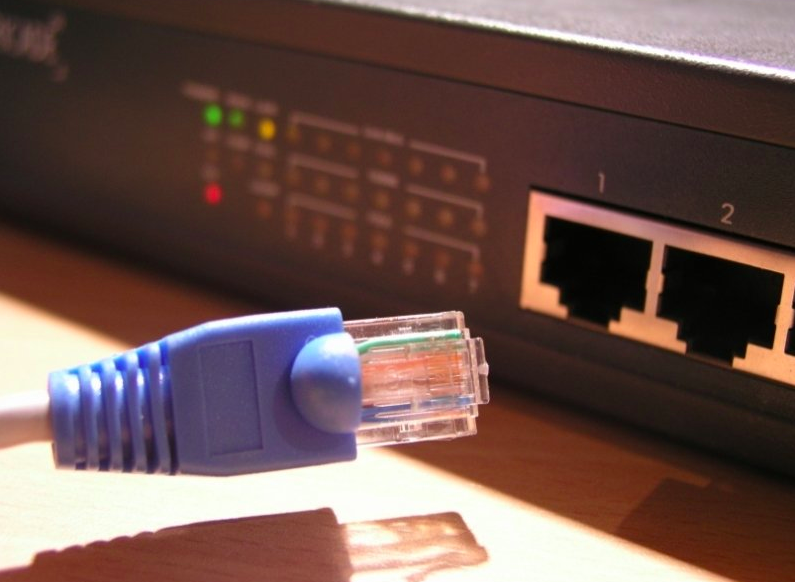The Elderly, Broadband and the Cashless Society
April 21 2021
In November 2019 the Labour Party announced their pledge to roll out a publicly owned full fibre broadband network to everyone across the country within a decade if they won the General Election. Shadow Chancellor John McDonnell announced that an incoming Labour Government would re – nationalise the relevant parts of BT to deliver the plan, which also involved the free provision of high – speed internet access to every home and business in the country. This pledge was widely covered in the media but with very little enthusiasm from the mainstream media for the idea. What most people are not aware of is what an important and progressive development this would have been if it was implemented and it was largely as a consequence of the influence of the CWU that this idea appeared amongst the Labour Party’s election pledges. The Union’s influence also secured a number of important safeguards for CWU members who might be affected by the proposal. However, unfortunately the election of a Labour Government didn’t happen and the benefits for both individuals and the country that the idea would have produced never took place.
The lockdown of schools and its effect on national education is just one example which highlights how important access to the internet is in the modern world. Pensioners and the elderly would benefit considerably from easier and cheaper access to broadband but as the National Pensioners Convention (NPC) have pointed out in a letter to Oliver Dowden, Secretary of State for Digital, Culture, Media and Sport the drive to digitalisation needs special attention when it comes to the elderly. Their research shows that the digitalisation of everything from accessing essential health service facilities to purchasing milk and goods is resulting in many pensioners and elderly people being excluded from important and essential services. Jan Shortt, General Secretary of the NPC in another letter to a government minister highlighted the example ‘of a 84 year old member in Kent who fears going online because of scams, and who will lose her milk delivery after 60 years because the provider is going online only’. They also point out that ‘Being asked to take a photograph of an injury to email to your GP is no earthly good if you don’t have the equipment to do it’. The NPC goes on to say that they consider the exclusion of many elderly from access to important services ‘may even breach the Equality Act of 2010’.
Jan Shortts letter to Oliver Dowden concludes by saying, ‘For many older people there is a real decline in accessible information and opportunities to have their voice heard. Whether it is the drive towards a cashless society, or simply being able to make an appointment with your GP or hospital, the digital world is a minefield of baffling technology for many older people. Discriminating against those who are unable, or do not want to connect with technology is unacceptable and we look to the government to use its powers to ensure this does not happen’.
The NPC makes a number of recommendations to the Secretary of State that would help older people access the internet, including investment in making broadband more accessible and safer for older and vulnerable people, along with some viable offline alternatives for those who cannot or chose not to go online.
The letter from the NPC to the Secretary of State and their press release can be accessed on their Website. The letter covers issues such as:
The 2021 Census being online and the alternative not working.
Only – online cheap fuel deals.
Fear of scams and cybercrime putting people off the internet.
High cost of laptops, broadband and security too expensive for pensioners.
NHS computer systems not ‘talking’ to each other..
Local and central government services and consultations going on – line.
Digital banks and a cashless society.

